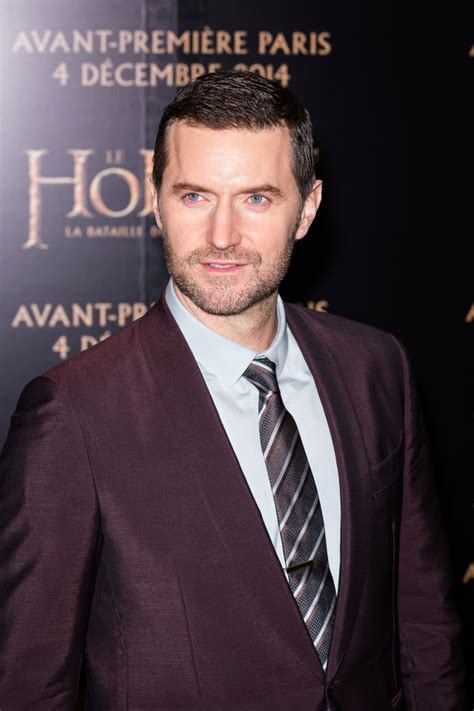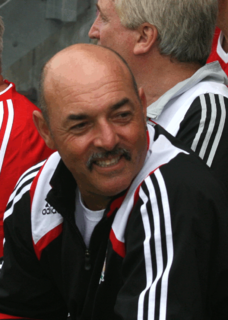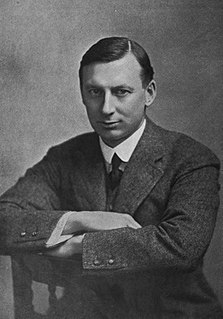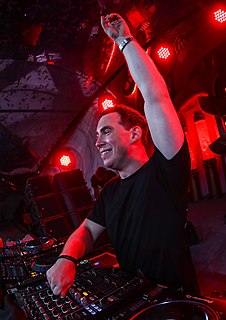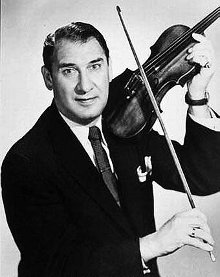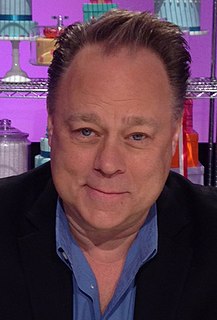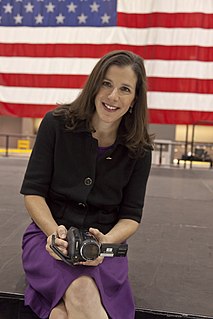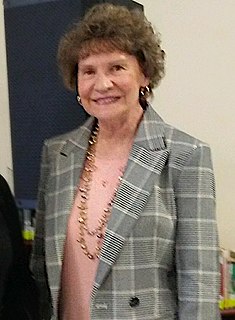A Quote by Georg C. Lichtenberg
A donkey appears to me like a horse translated into Dutch.
Related Quotes
There is a story in Zen circles about a man and a horse. The horse is galloping quickly, and it appears that the man on the horse is going somewhere important. Another man standing alongside the road, shouts, «Where are you going?» and the first man replies, «I don't know! Ask the horse!» This is also our story. We are riding a horse, and we don't know where we are going and we can't stop. The horse is our habit energy pulling us along, and we are powerless.
This one isn’t just any old horse. There’s a nobility in his eye, a regal serenity about him. Does he not personify all that men try to be and never can be? I tell you, my friend, there’s divinity in a horse, and specially in a horse like this. God got it right the day he created them. And to find a horse like this in the middle of this filthy abomination of a war, is for me like finding a butterfly on a dung heap. We don’t belong in the same universe as a creature like this.
In fact, many of the quotes in my books are quotes which were translated from English and that I read already translated into Spanish. I'm not really concerned with what the original version in English was, because the important thing for me is that I received them already translated, and they've influenced my original worldview as translations, not as original quotations.

